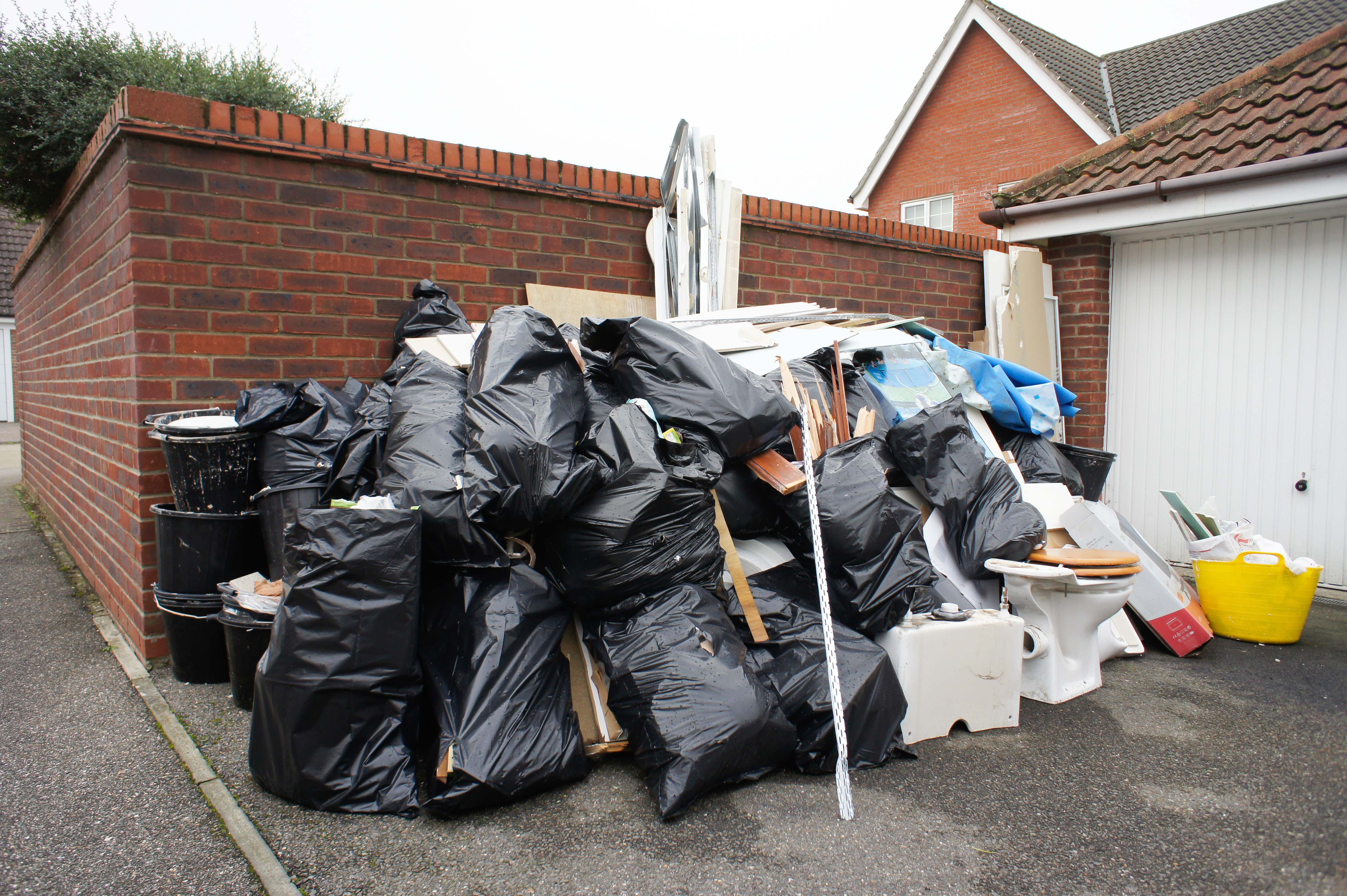7 Do's And Don'ts Of Household Waste Removal
Dec 07, 2021 17:06
Worldwide, billion tons of waste are generated by households every year. While some are repurposed and recycled, some find their way to the marine ecosystem and landfills. These wastes further worsen water, air, and land pollution.
Proper waste handling isn't only crucial to the environment. It's also vital in keeping you and your family safe. Besides minimizing plastic use, here are some pointers to manage waste in your home.
The Do's Of Household Waste Removal

Here's how you can get rid of your junk properly and in an environment- and health-friendly manner:
1. Find Out The Waste Removal Rules That Apply To Your Area
Every state has its own rules and regulations about proper waste handling and removal. In Australia, for instance, the National Waste Policy of 2009 and 2018 outlines measures to minimize waste, improve recovery of resources, and increase and establish markets for recycled products, among other salient points. Local governments have their legislation in place to strengthen the implementation of these salient points.
Learn about the rules that apply to your area. At the very least, ask your homeowners association about local regulations. For instance, some communities may permit the burning of waste but only within a designated area, while some don't.
Knowing the waste removal guidelines is essential, as failure to comply with the rules could lead to heavy fines and other types of penalties. To be sure, contact relevant authorities or professional waste removal companies to help you out.
2. Contact Professional Waste Management Companies
If you don't know the rules that apply to your area, let the professionals do the work for you. Waste management and removal can be pretty complex. You would have to deal with each type of debris and refuse differently. Contact local authorities if you're dealing with household waste that involves wood, metal, paper, and plastic. It's also a wise idea to have a look at various waste companies to see how they can help address your waste removal concerns.
3. Make A Compost For Your Kitchen Refuse
Biodegradable waste such as extra food, fruit and vegetable peels, and garden trimmings can be placed in a composting bed. When fully prepared, add them to your garden to promote better plant growth. Doing this significantly reduces the amount of household waste that needs to be removed from your home. Manage your garbage disposal well, so you don't further pollute your city's sewer systems.
4. Reduce, Reuse, And Recycle
This seems to be one of the most-used clichés in the last decades, but it offers a timeless message. The key to proper waste management starts in the consumption stage. Households must skip using plastic packages or buy them only when they can be reused. The same holds for glass and metal containers. Instead of throwing them away, turn them into essential household tools.
When getting rid of items, consider donating or selling them instead of throwing them away. Keeping things you no longer need can be hazardous as they may attract pests and encourage mold formation.
The Don'ts Of Household Waste Removal

Conversely, you must avoid the following when dealing with household junk:
1. Don't Keep Broken Appliances And Heavy Items
Large and bulky household items such as television sets, washing machines, and refrigerators can be challenging to dispose of, especially when you don't know how and where to go. Taking it to your city's landfill area may not be a viable solution, as local laws may prohibit you from doing so.
Waste disposal companies or your local waste management council are better qualified to handle these types of wastes. They have connections with the appropriate agencies who can safely remove valuable parts like metal from this potentially hazardous household refuse before recycling them.
2. Don't Ignore Toxic Waste
Households can be a source of hazardous wastes, too. Batteries, flammable materials like paint, broken glass, cleaning product containers, and medicines can pollute the soil where crops grow. Worse, chemicals from these materials can seep into the water sources. Don’t leave them lying in the garage or your yard.
3. Don't Burn Chemical Containers
Even if your local laws allow you to incinerate household litter, never burn the containers of cleaning chemicals, disinfectants, and spray bottles. Doing this can put your community at risk because they're highly flammable. These toxic wastes contain harmful chemicals released into the air when burned and even in storage.
Wrap Up
According to the law, minimizing waste, repurposing items, and properly handling household waste are everyone's responsibilities. Compliance with the rules not only saves you from penalties and steep fines. It also ensures your and your family's safety and well-being. When facing waste that's difficult to get rid of, hiring professional waste removal companies to do the job for you may be the best course of action.







































































